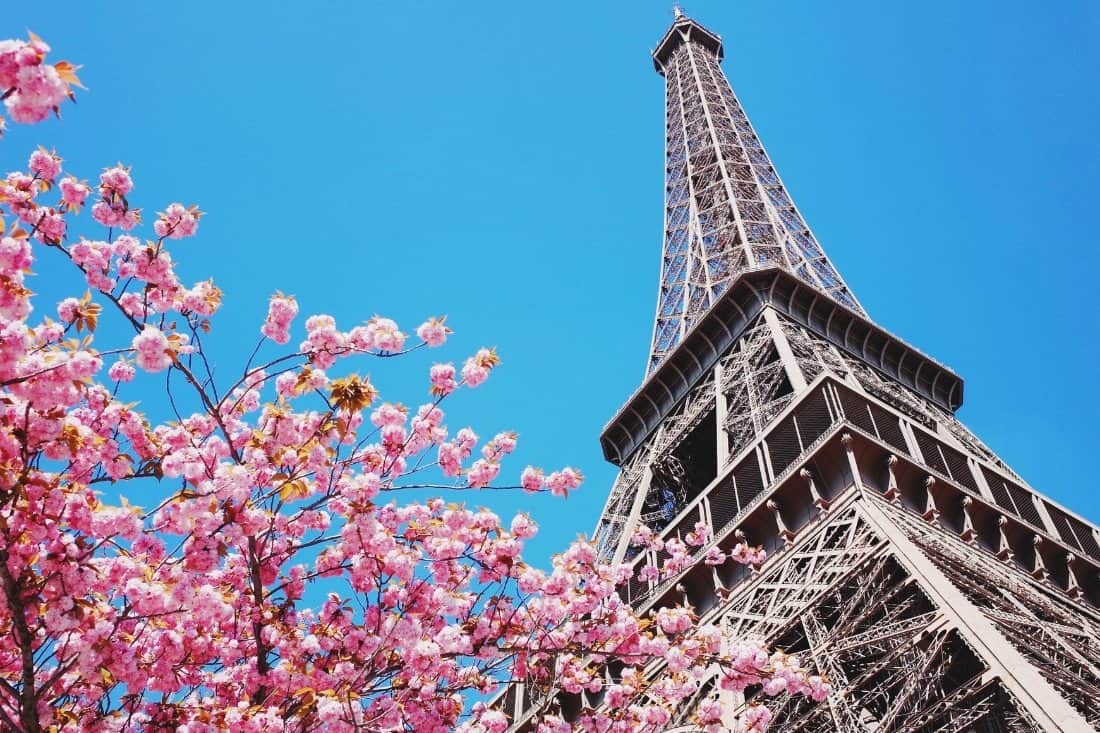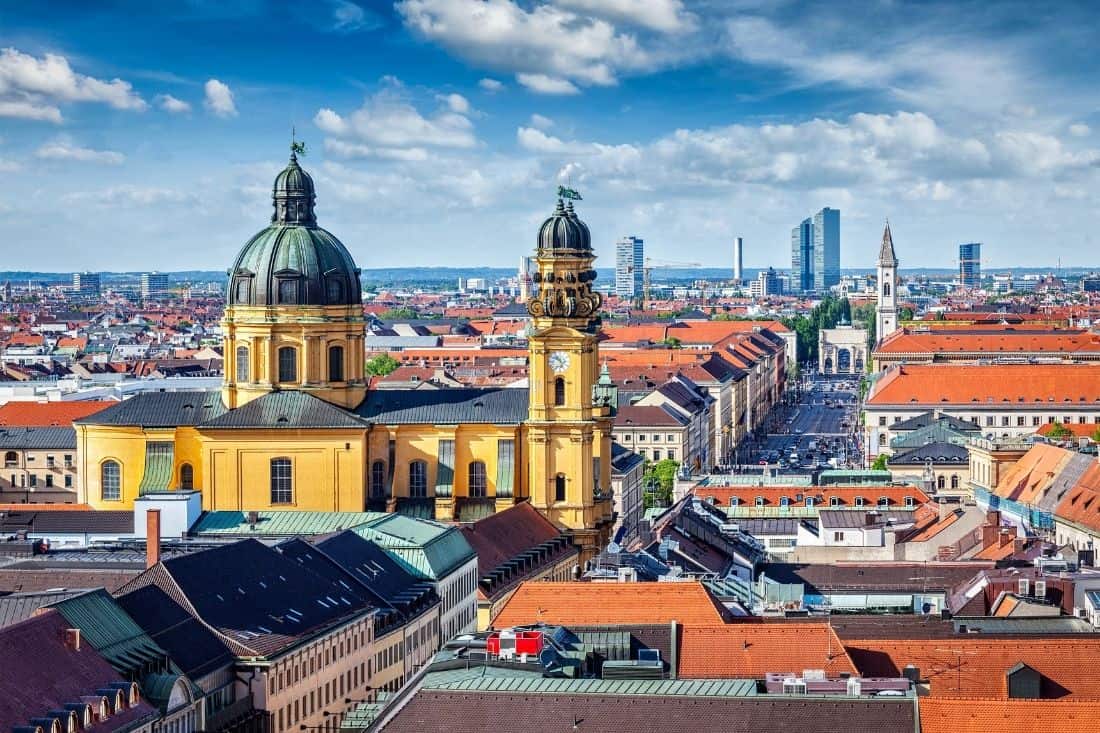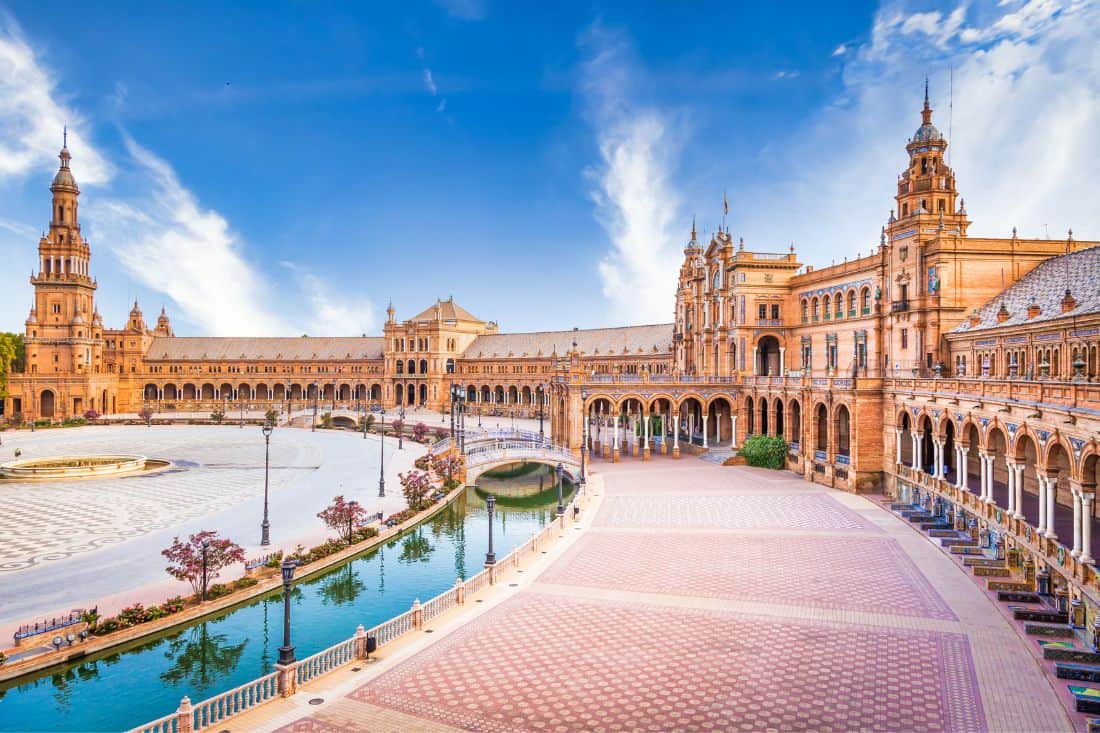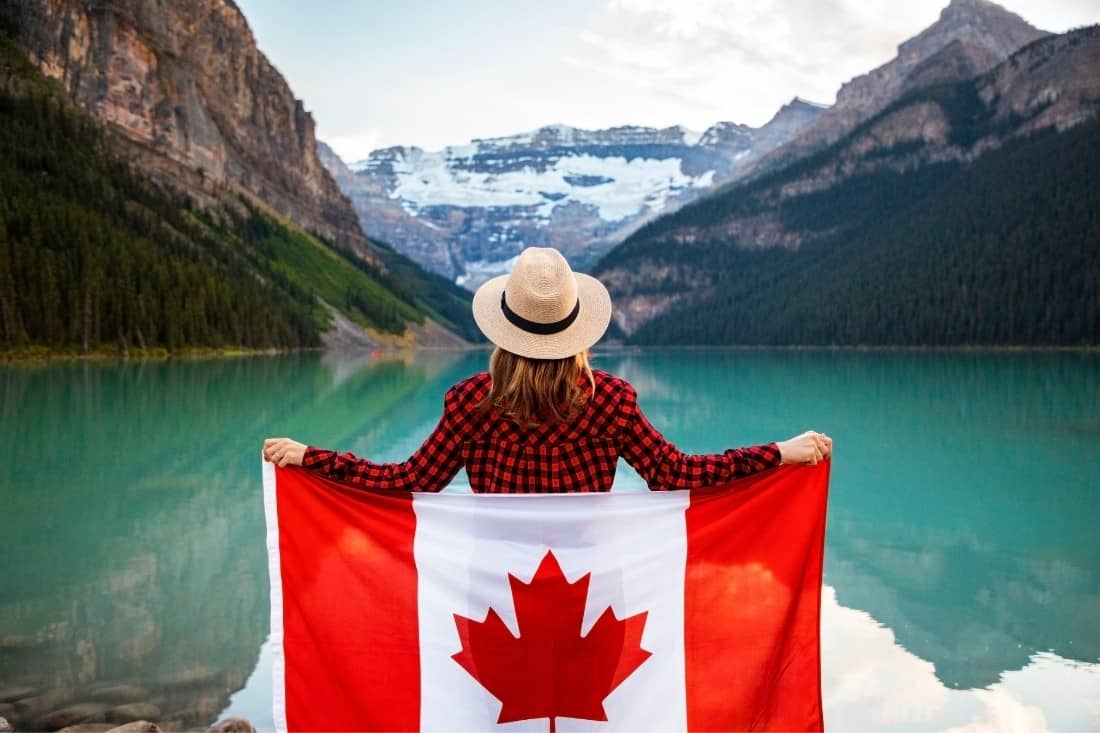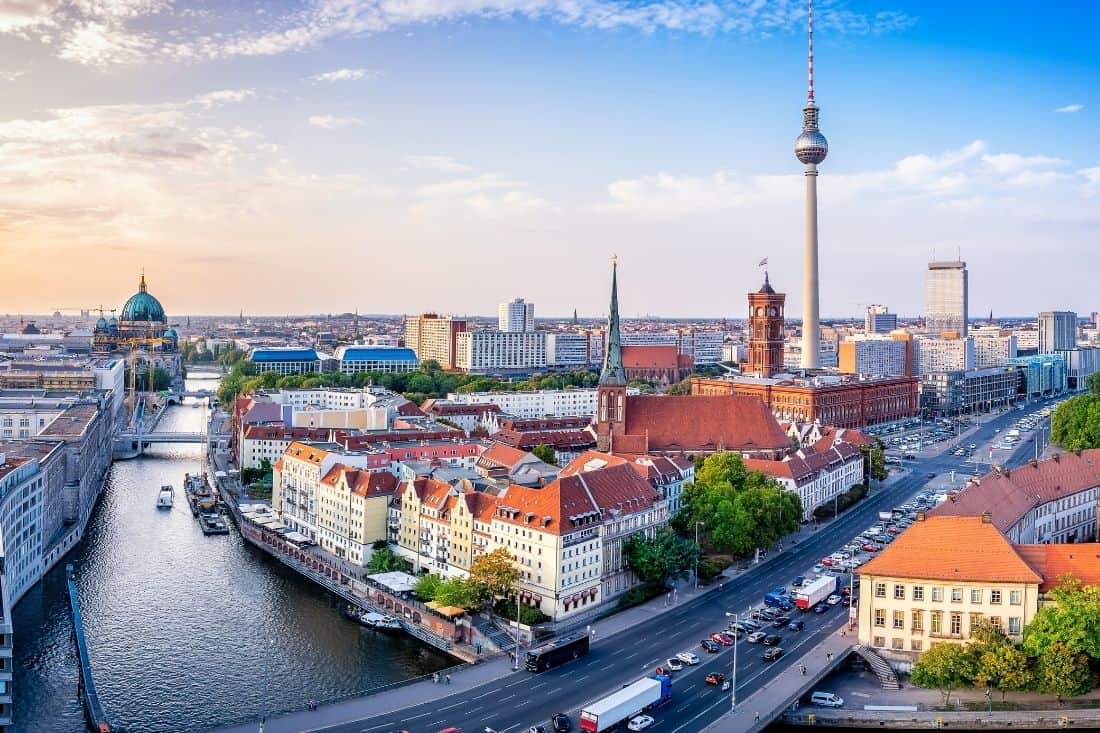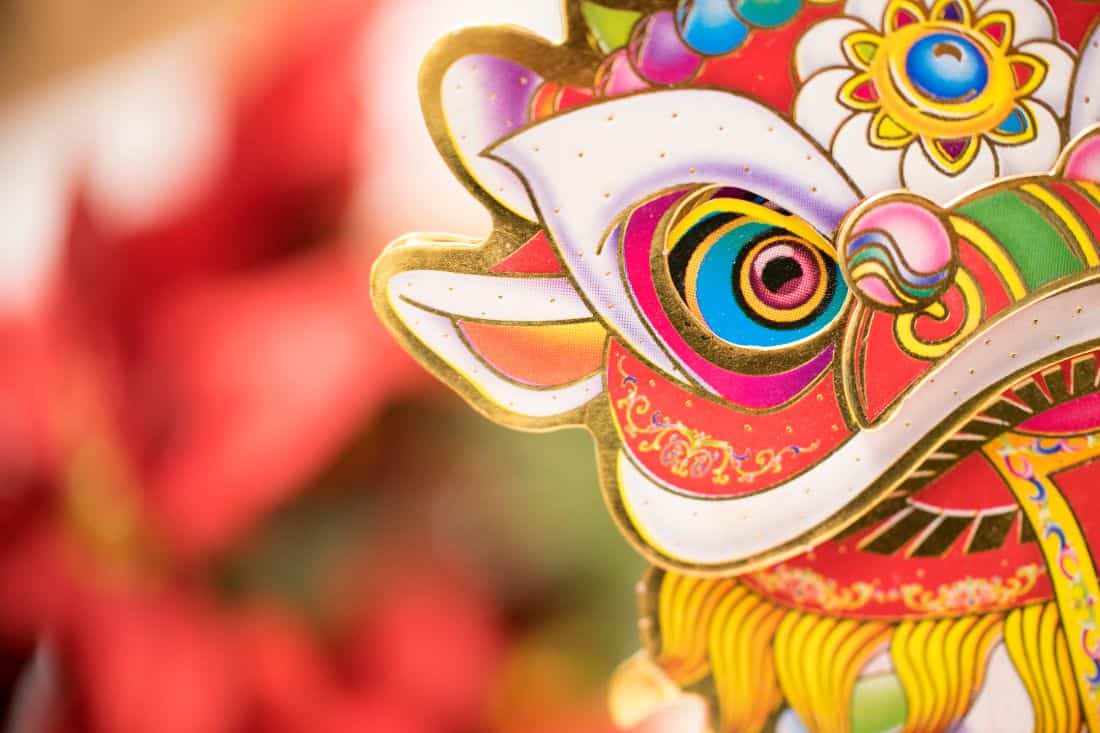A land of tiny birds and big hearts, bright streets and brighter smiles: here are 20 fun facts about Cuba that will really amaze you!
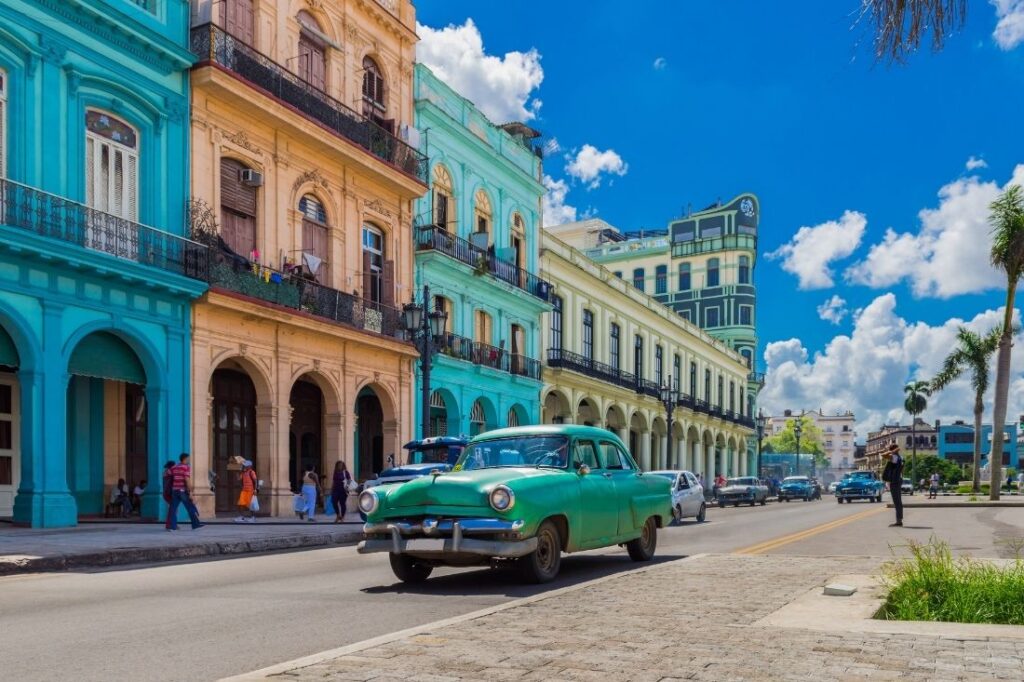
Colonial buildings, cobbled streets, and vintage cars, visiting Cuba is like taking a trip though time.
Every corner of this fascinating Caribbean nation is filled with kind-hearted locals, lively music, and vibrant culture. Due to a trading embargo that lasted for over 50 years, and their socialist government, Cuba is a country like no other in the world.
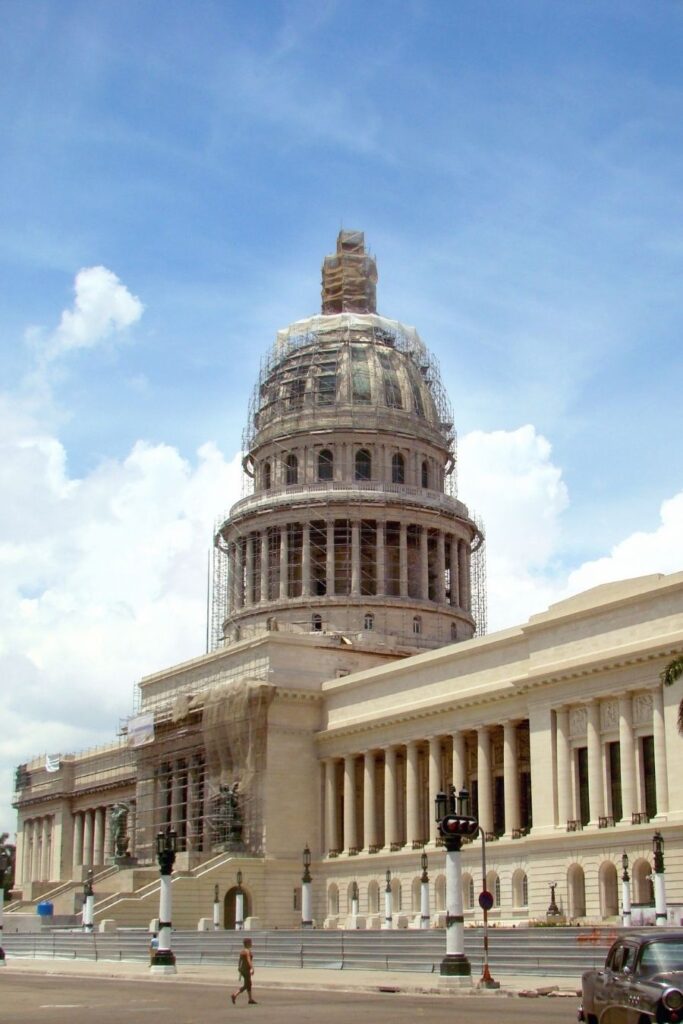
Cuba has a kaleidoscope of cultures, a mixture of native, African and European, creating a unique population that adds so much to the magic of the country. With its complicated history and diverse influences, there are a number of unique fun facts about Cuba to discover.
So, what is Cuba known for? For a start, Cuba is home to some of the smallest animals in the world. It has a rich music and dance culture, as well as incredible wildlife and an abundance of beaches. And when we say abundance we mean 250! This country also has an incredibly high number of medical professionals. We bet you wouldn’t think that!
Did you know that several US presidents tried to buy Cuba? Or that the streets of Havana were the regular stomping ground for a famous author for 20 years? Read on to find out more about these Cuba facts now!
If you’re planning a trip to Havana, then check out my Havana travel guide here. This is packed full of all the best things to do in the city!
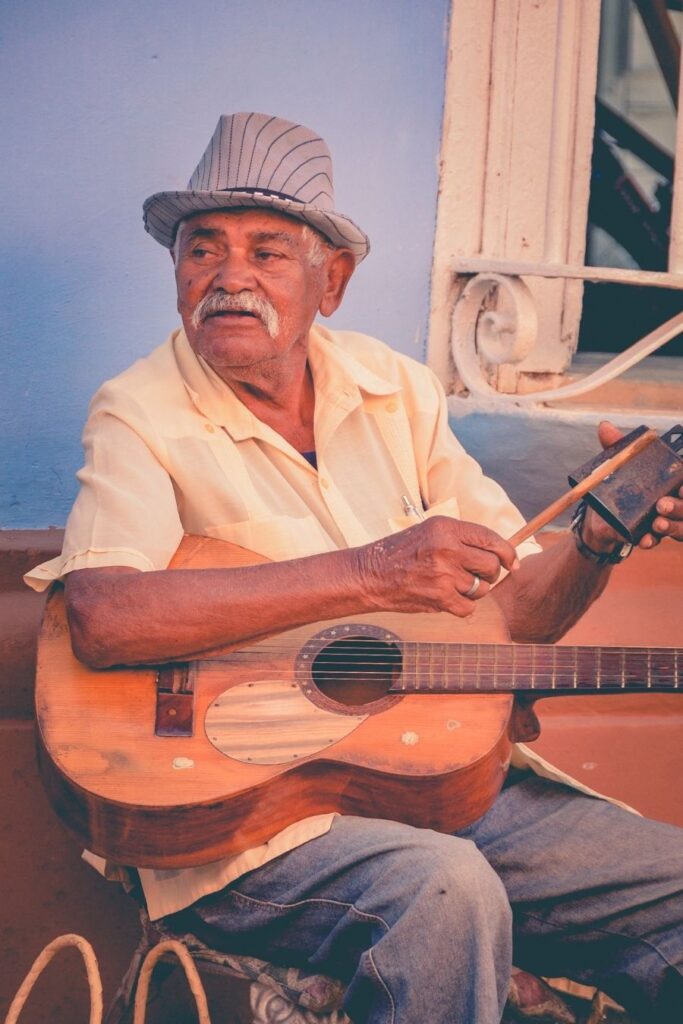
Contents:
Fun Facts About Cuba
1. Quick Trivia About Cuba
Official Name: Republíca de Cuba/Republic of Cuba
Capital: Havana
Official Language: Spanish
Population: 11,193,470
Motto: “¡Patria o Muerte, Venceremos!” (Homeland or Death, we shall overcome!)
Area: 110,860 square kilometres
Highest Point: Pico Turquino 1,974m
Number of vintage cars: ~60,000
2. Cuba is a crocodile
Cuba is the largest of the Caribbean islands, both in terms of the land mass of the main island and population. Alongside the large main island, Cuba is made up of made up of approximately 1,600 islands, islets, and cays.
When viewed from above, Cuba’s main island looks like a crocodile, earning it the nickname ‘el crocodilo’.
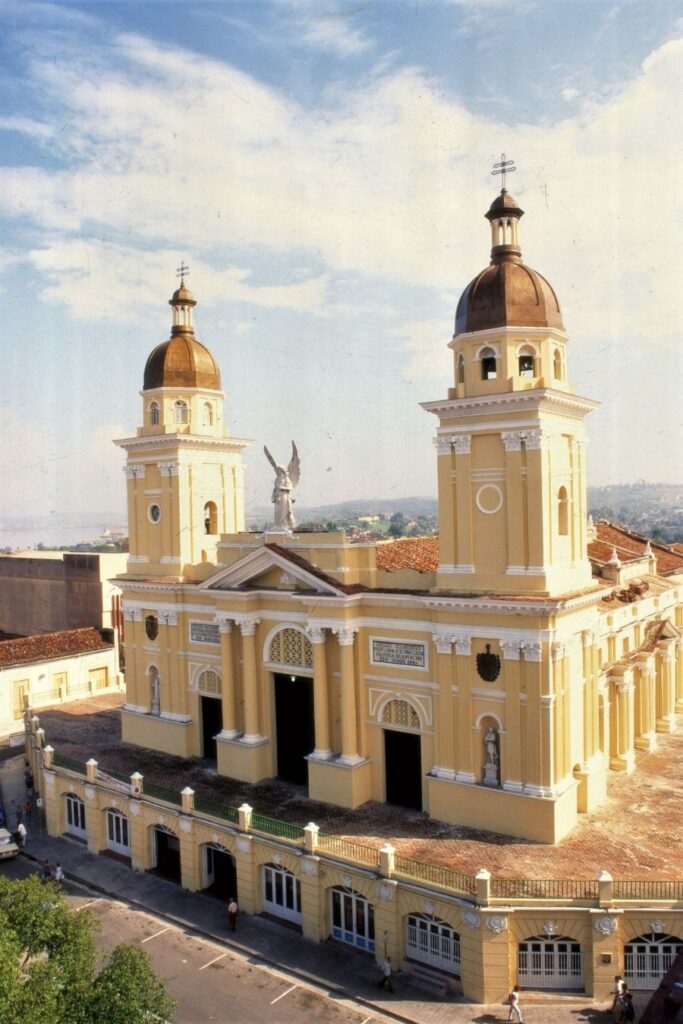
3. The discovery of China Cuba
Christopher Columbus discovered Cuba for Europe in 1492, and claimed it in the name of Spain, believing it to be mainland China. The Spanish remained in charge until 1898, when the US took over following the Spanish-American war.
Just four years later Cuba gained independence, which it has maintained ever since. Cuba is very VERY proud of its independence!
4. Five US presidents have tried to buy Cuba
This is definitely one of the more interesting facts about Cuba. Between the years of 1808 and 1898 five different US presidents tried to buy Cuba from the Spanish.
The presidents in question are James Polk, William McKinley, Franklin Pierce, James Buchanan Jr, and Ulysses S. Grant. They offered between US$100 million and US$300 million to Spain, but each were refused. That doesn’t sound like a lot of money for a country, does it!?
5. Cuba has two currencies
Did you know that Cuba has not one but two official currencies? The two currencies are the Cuban Peso (CUP), also known as Moneda Nacional, and the Convertible Peso (CUC).
The Cuban Peso is more commonly used by people living in the country, with most salaries being paid in CUP. Pegged to the US$, the CUC is generally worth around 25 times the CUP, and is more commonly used by tourists. And yes, it is very confusing!
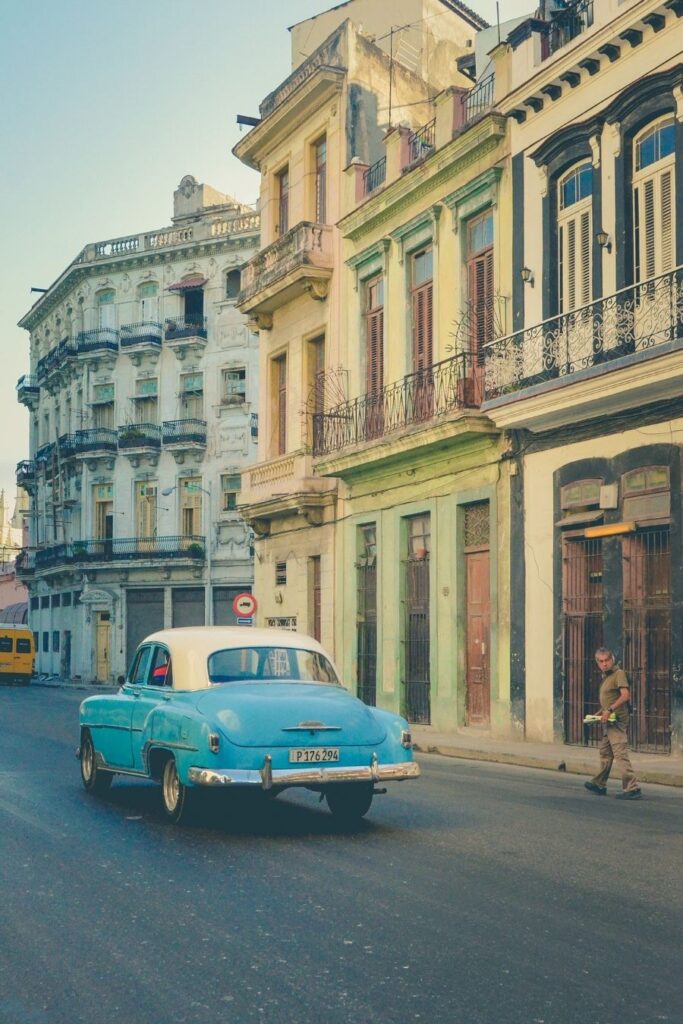
6. High literacy rates
Pre 1959, around 60% of Cubans were considered to be semi-illiterate, as schools were not accessible to everyone. To rectify this, over the last 70 years the Cuban government made education a high priority.
Citizens can access free public education and school is mandatory until the age of 15. As a result Cuba now has a 99.8% literacy rate, an incredible change! This is actually one of the highest literacy rates in the world.
7. Land of heritage sites
One of the fun facts about Cuba is that it is home to many UNESCO World Heritage sites; nine in total. Of these, seven are cultural and two are natural.
Old Havana and its fortifications was the first site to be added in 1982. Other sites include the San Pedro de la Roca Castle and the archaeological landscape of southeast Cuba’s first coffee plantations.
8. Cuba has the highest proportion of doctors in the world
What is Cuba known for when it comes to professions? Doctors! Cuba has the highest doctor-patient ratio in the world, with nine doctors per 1,000 citizens.
Furthermore, there are over 50,000 Cuban trained health professionals working in 66 countries across the world. Between their universal health care and abundance of medical professionals, it’s no wonder Cubans have a life expectancy just shy of 78 years.
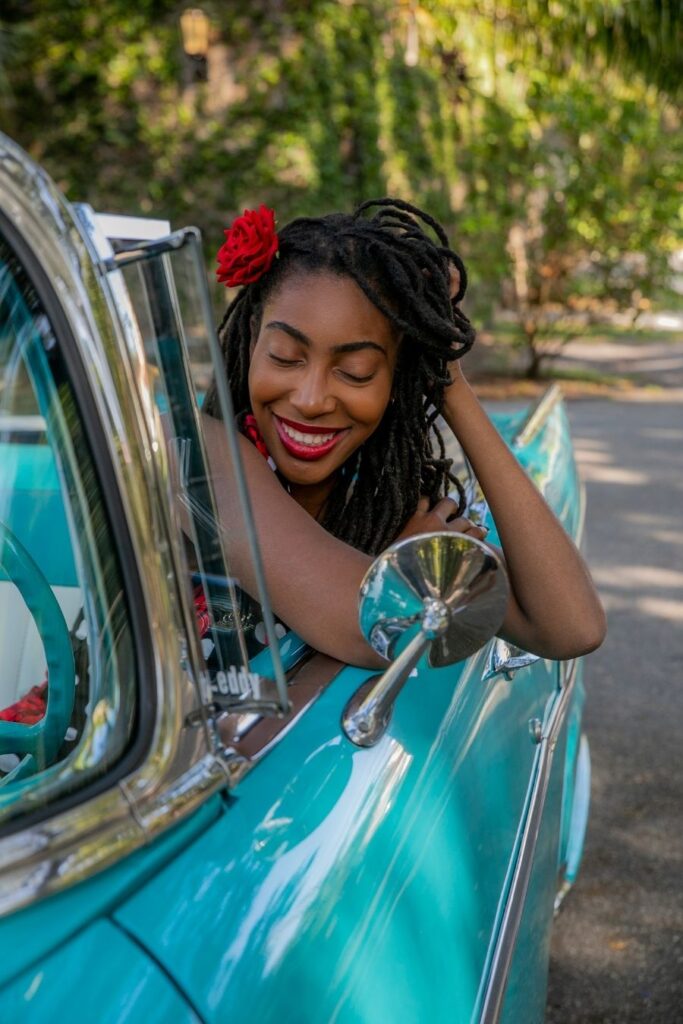
9. Coke is not sold in Cuba
How about this as a Cuban fun fact. Cuba is one of only two countries in the world where Coca-Cola cannot legally be bought or sold, alongside North Korea. The sale ban is due to the ongoing US trade embargo which began in 1962.
Prior to this Cuba was one of the first places outside the US to bottle Coca-Cola. Despite the legal status, you’ll still be able to find this fizzy drink in Cuba if you look in the right places.
10. Food Rationing
The majority of Cubans rely on the food rationing system for their monthly groceries. This system was set in place in 1962 due to food scarcities from the trading embargoes.
Through this system, families are provided with produce, meat, cigars, cooking fuels, and other home needs at around 12% of their market value. Some items are also included free for certain subgroups, for example, children under seven receive a litre of milk per day.
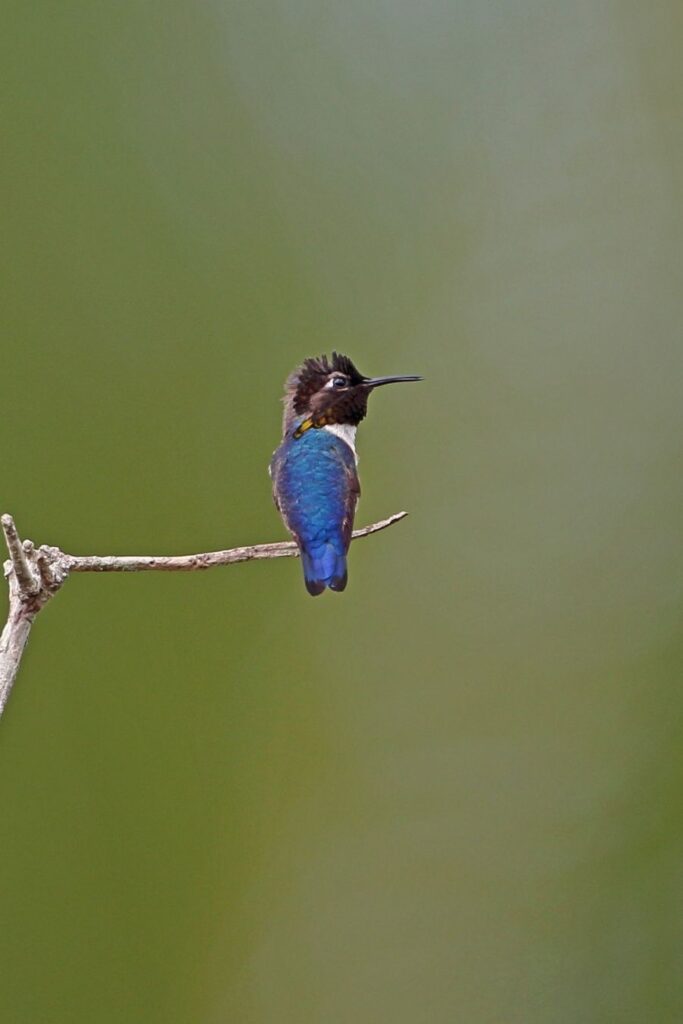
11. The world’s smallest bird lives in Cuba
In the natural world, what is Cuba famous for? Being the home of the world’s smallest bird! The Bee Hummingbird is just 5-6cm long and weighs only 1.7 grams.
This tiny bird can only be found in Cuba, and lays eggs the size of peas. Cuba is also home to an incredibly diverse amount of wildlife, including the world’s third smallest frog, the 10mm Monte Iberia Eleuth.
12. Mobile telephones were banned until 2008
Until 2008, the ownership of mobile telephones was banned in Cuba. Previously, only employees of foreign firms could own one. Some Cubans would skirt around this rule by asking allowed people to sign contracts for them.
The ban lifted when Raúl Castro came into power, following his brother’s 50 year rule. You can find out about whether you can use your mobile in my Cuba travel guide.
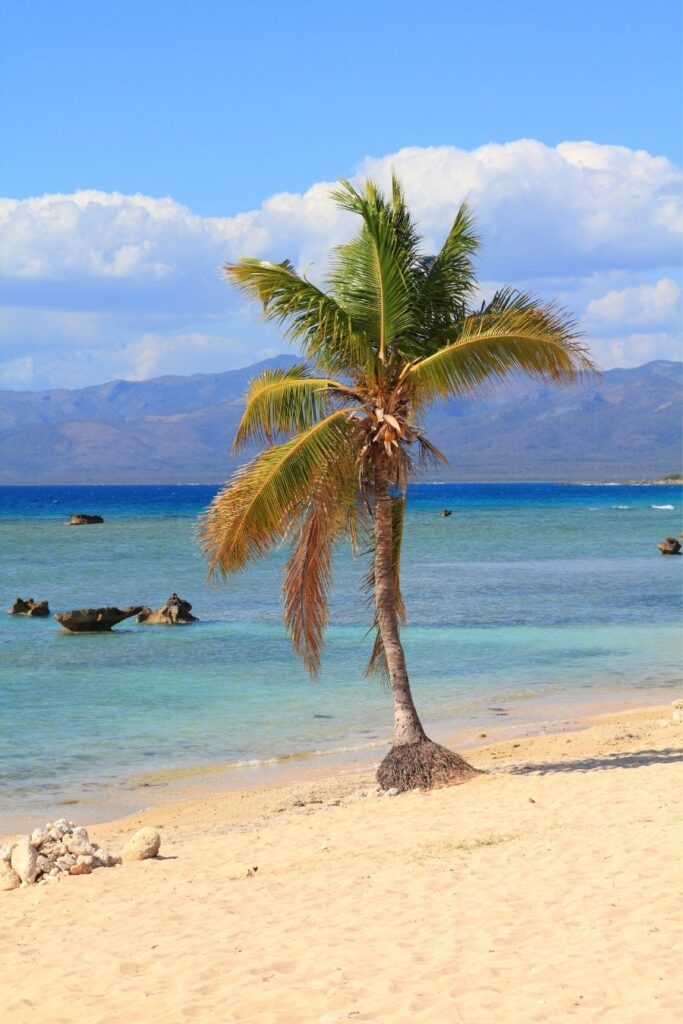
13. The Beatles were also banned
Another thing that was banned in Cuba was music from The Beatles! Prior to 2000 it was illegal to play The Beatles, as Castro felt they represented mindless consumerism, and that Cuba should be celebrating its own rich music culture.
In 2000 Castro lifted the ban saying “I too am a dreamer who has seen his dreams turn into reality”, and a life size statue of John Lennon was erected in Havana Park.
14. Havana facts
Havana has a population of 2.1 million. This makes it not only the largest city in Cuba, but also of the whole Caribbean. This large city had gas public lighting installed in 1848, making it the third city in the world to do so.
Havana was also once one of the most up-and-coming cities in the world behind London and Paris. In fact, Havana was once dubbed the ‘Paris of the Caribbean’ for its beautiful architecture, vibrant arts scene, and flourishing nightlife.
15. Hemmingway’s Home
Thinking of Havana facts, did you know that Ernest Hemmingway used to live there? Together with his cats, he lived just outside of the city for 20 years.
During this time he wrote the novels The Old Man and the Sea and For Whom the Bell Tolls, among others. It is possible to visit his old home, as it is now a museum dedicated to his life.
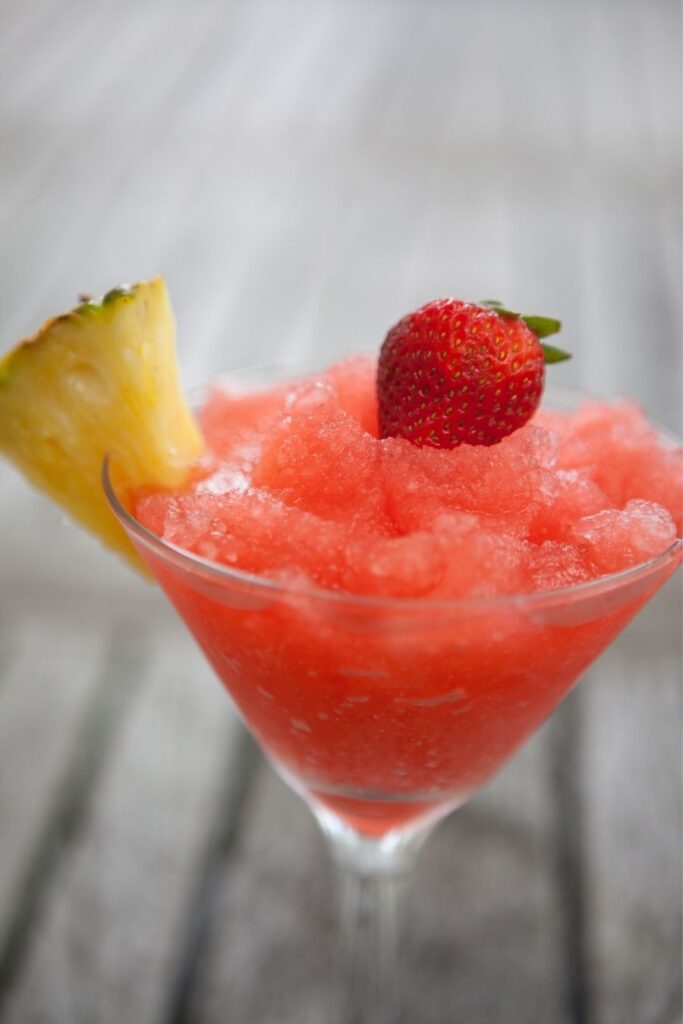
16. La Floridita bar in Old Havana
On the topic of Hemmingway, one of our favorite Havana facts is that you can still get a drink at some of his frequented bars, La Floridita and La Bodeguita del Medio.
In fact, in La Floridita there is even a life size bronze statue of Hemmingway and his regular bar stool is roped off. Incidentally, this same bar is credited as the birthplace of the daiquiri! We’ve had one or two from there in our time and they are delicious.
17. The world’s biggest ballet school is in Havana
When you were wondering ‘What is Cuba known for?’, We bet ballet didn’t spring to mind! However, Cuba actually has the largest ballet school in the world. The Cuban National Ballet School in Havana was founded in 1931, and teaches approximately 3,000 students.
18. Dancing in the streets
It’s not just ballet that Cuba is known for. Cuba has incredibly diverse dance styles, and many were developed there. In fact, the rumba, mambo and cha-cha-cha were all created in Cuba.
Dancing is very much a beloved part of Cuban culture and something that is truly celebrated. In Havana each Sunday musicians and dancers unite in a brightly painted alley, Callejón de Hamel, to enjoy their love of rumba and dance the day away.
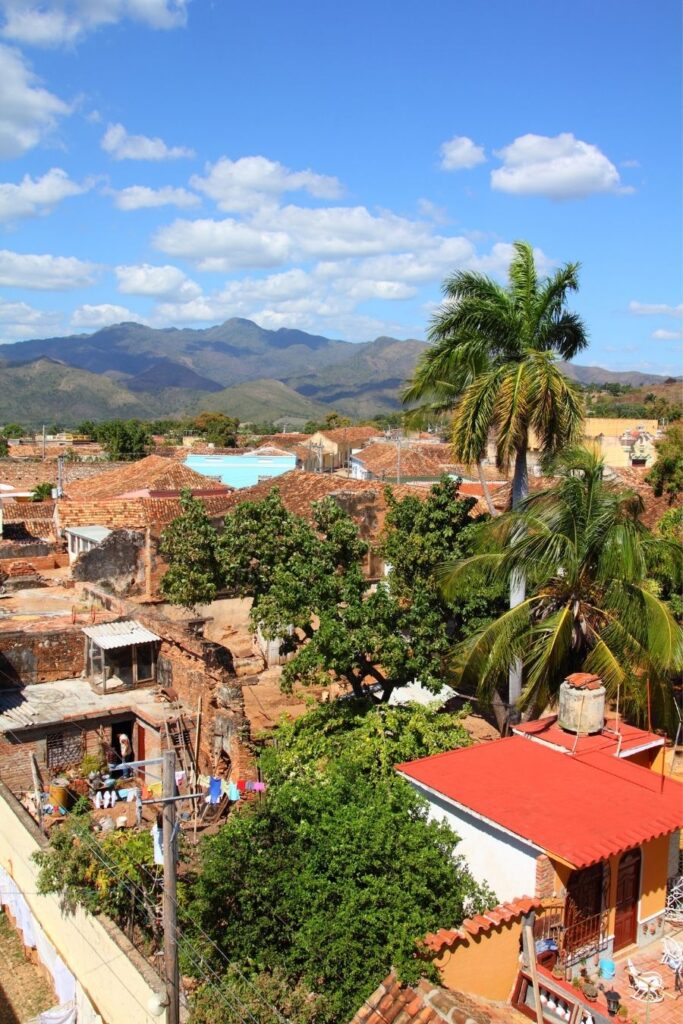
19. Music of Cuba
Of course, there would be no dancing without music. That’s why, in our facts on Cuba, we just had to include the music scene. Cuba has a rich and unique music culture, which has influenced musicians the world over. The Buena Vista Social Club is one very famous example you’re sure to know.
While this band was formed in the 1990s, they faithfully reproduced the 1930s-50s styles: son cubano, bolero, guajira, and danzón.
20. Cubans burn dolls on New Years
For the last of these fun facts about Cuba, did you know that once a year dolls are burned on the streets? Each New Years Eve the streets of Cuba are filled with dressed up life size dolls.
At the stroke of midnight these dolls are set on fire. The burning of the dolls, called Año Viejo dolls, is a way of forgetting the bad things in the past.
Who wants more fun facts?

If you’re looking for some recommendations, these are a few of our favorite fact books to buy. We use these when planning fun trivia nights with family and friends!
Which of these random facts about Cuba was your favorite? If you have any others, let us know in the comments below!

